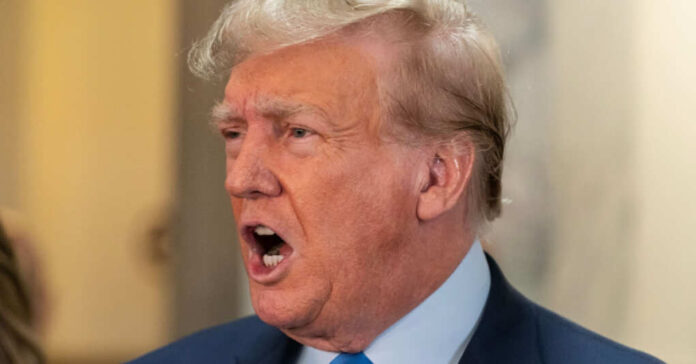
Donald Trump said on Monday that Facebook, under Mark Zuckerberg’s leadership, poses a more significant threat than TikTok. He attributed this to the controversial financial contributions to public election administration, often referred to as “Zuckerbucks.”
This discussion surfaces as the House of Representatives scrutinizes a proposed bill to regulate TikTok against the backdrop of a unanimous House panel decision last Thursday. The bill mandates ByteDance, TikTok’s parent company in China, to divest the social media platform within 165 days. President Biden has endorsed it and promised to sign it if it passes Congress.
Trump’s attempt to ban TikTok in 2020 was thwarted by judicial intervention. Despite this, he recently opposed the bipartisan TikTok bill on Truth Social. He cautioned against enhancing Facebook’s market dominance and labeling the platform and its CEO detrimental to the public interest.
In a podcast interview with “John Solomon Reports,” Trump reflected on his previous stance on TikTok’s national security risks but now argues that Facebook poses a more significant concern, mainly due to Zuckerberg’s influence and financial involvement in the 2020 election processes. Trump specifically criticized using ballot drop boxes, which gained prominence during the 2020 presidential race for absentee voting.
Trump argues that the so-called “Zuckerbucks” are more harmful than TikTok’s actions, suggesting a potential conflict of interest should Facebook benefit from any restrictions placed on TikTok, thereby monopolizing the user base.
The “Zuckerbucks” controversy stems from roughly $350 million donated by Zuckerberg to the Center for Tech and Civic Life, which supported local election offices in 2020. Despite assurances from the nonprofit that the funding was distributed impartially to enhance pandemic-era voting safety, a Republican-led House investigation concluded that a minimal portion was spent on protective gear, with the majority allocated to voter mobilization efforts.
The debate over these contributions has led to legislative actions in several states and counties to limit or prohibit private funding in election processes, following claims of partisan bias and its potential impact on election outcomes.














